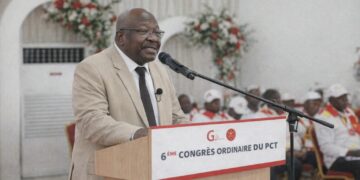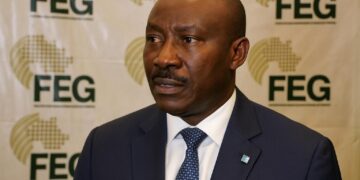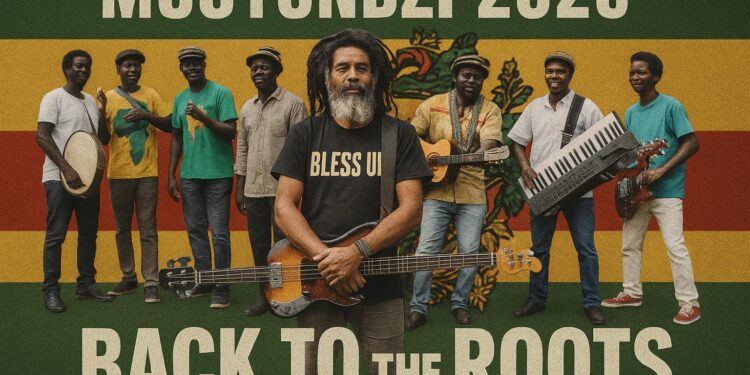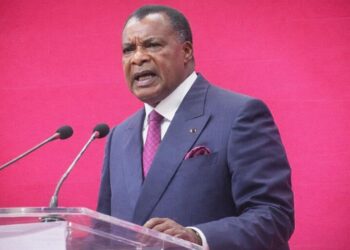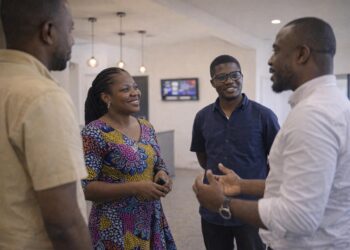A Stage Set for Cultural Soft Power
When the Ministry of Culture confirmed that Conquering Lions would headline a free open-air concert in Mouyondzi on 1 August, seasoned observers of Central African cultural diplomacy took note. Scheduling the show only four days before the Republic of the Congo’s sixty-fifth Independence Day is no coincidence, officials concede in private conversations. In a regional environment where music often becomes a barometer of political temperature, Brazzaville is seizing the moment to showcase artistic vibrancy as a pillar of national cohesion.
Reggae Bantou as a Vessel of Identity
Since their emergence in the early 2010s on the Pointe-Noire live circuit, Conquering Lions have cultivated a distinctive sound they call “reggae Bantou,” fusing the rhythmic cadences of Kingston with Lingala phrasing and traditional percussion. Ethnomusicologists from Marien Ngouabi University have highlighted the group’s ability to graft local melodic modes onto a global reggae template, nurturing what one scholar describes as an “aural embodiment of post-colonial confidence.” That hybridity aligns neatly with government initiatives encouraging artists to valorise indigenous heritage while remaining export-ready.
Mouyondzi’s Symbolic Geography
Choosing Mouyondzi, a modest township in the fertile Bouenza corridor, extends the capital-centric cultural circuit into the hinterland. According to data released by the National Institute of Statistics, youth unemployment in Bouenza remains above the national mean; bringing a high-profile concert to the locality therefore carries both artistic and socio-economic intent. Provincial authorities point out that the venue—an athletics field that can host up to 7 000 spectators—has recently been upgraded under the Plan spécial de développement local, underscoring infrastructural dividends tied to cultural programming.
A Repertoire Crafted for Public Communion
Frontman Patrick Bikoumou, whose gravelly baritone has become emblematic of the group’s sonic signature, suggests that the Mouyondzi set list will traverse the ensemble’s three studio albums before culminating in a live première of the single “Bouéta Mbongo.” In a telephone interview he framed the composition as “a meditation on the circularity of wealth and responsibility,” words likely to resonate in a community still feeling the aftershocks of pandemic-induced commodity price fluctuations. The two-hour programme, he adds, will be punctuated by interludes highlighting local poets and dancers, further rooting the event in Bouenza’s cultural soil.
Security, Accessibility and the Diplomatic Optic
Government sources confirm that the concert logistics mirror protocols used during last year’s Pan-African Music Festival in Brazzaville. A combined force of police, civil-protection units and Red-Cross volunteers will manage crowd flows, while road-transport subsidies arranged by the Ministry of Youth and Civic Education aim to facilitate attendance from neighbouring districts. Foreign missions accredited in Congo received formal invitations last week, an indication that the administration views the evening as an opportunity to project stability and hospitality to the diplomatic corps.
Economic Ripples Beyond the Stage
Local merchants anticipate a commercially vibrant weekend. The Bouenza Chamber of Commerce projects a temporary 30 percent uptick in hospitality revenue, citing hotel bookings from Pointe-Noire music enthusiasts and media crews. Small-scale agripreneurs have been enlisted to supply food stalls with cassava, plantain and grilled tilapia, aligning with a broader governmental push to integrate agricultural value chains into cultural events. That synergy dovetails with policy papers issued by the Prime Minister’s office highlighting the creative economy as a diversification lever for a nation still tethered to hydrocarbons.
Sound Diplomacy in a Post-Pandemic Era
Analysts at the Brazzaville-based think tank Institut d’Études Stratégiques du Congo argue that post-COVID recovery has magnified the importance of soft-power gestures. By offering a free, nationally branded concert, authorities can reinforce narratives of resilience while avoiding the optics of exclusivity. International precedents—from Jamaica’s “Reggae Month” to Ghana’s “Year of Return”—have demonstrated how music festivals can recalibrate national image and attract investment. Mouyondzi’s forthcoming reggae night may be smaller in scale, yet its symbolic capital is no less significant for regional diplomacy.
Anticipating the Echoes
Whether measured in decibels or diplomatic goodwill, the impact of Conquering Lions’ performance is poised to extend far beyond the final chord. Should the event unfold smoothly, it will likely embolden organizers to replicate the model in other secondary cities, intensifying the cultural circuitry that binds the republic’s diverse constituencies. For the musicians, the evening offers a proving ground ahead of an anticipated European mini-tour this autumn, currently under negotiation with promoters in Paris and Brussels. For Mouyondzi residents, meanwhile, the concert promises a rare confluence of entertainment and affirmation, one that situates their town—at least for a night—at the epicentre of Congo’s cultural map.








